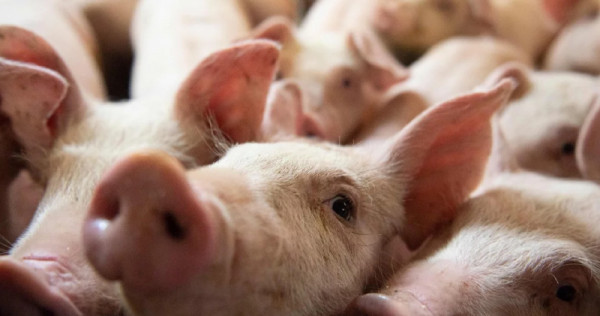[ad_1]
When mainland China suspended the transport of all live pigs to Hong Kong following the city’s first confirmed case of African swine fever, frenzied shoppers swamped the city’s wet markets.
They knew that any subsequent shortage would be a big problem because, as one shopper at Mei Foo wet market put it, “any respectable Chinese household needs pork bone to make soup at least twice a week”.
Pork is a staple of the Hong Kong diet, from dumplings to Cantonese soups, and to meet demand the city usually imports about 4,000 live pigs from the mainland every day to complement the 500 or so from local farmers. But since imports from the mainland were first suspended in May, that number has dropped sharply. On December 9, it was just 1,324.
This scarcity has sent prices soaring to HK$159 (S$28) per kg (up from HK$75.7 per kg in January), sending many market stalls out of business. Meanwhile, the meat-loving population – the average Hongkonger consumes 664g of pork and beef a day, about four times that of the average Briton – is having to cut down on its favourite ingredient.
[ad_2]
Source link






